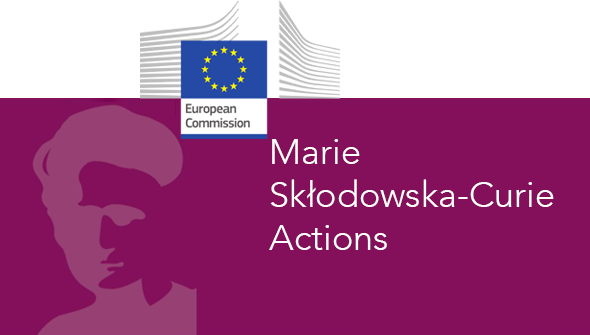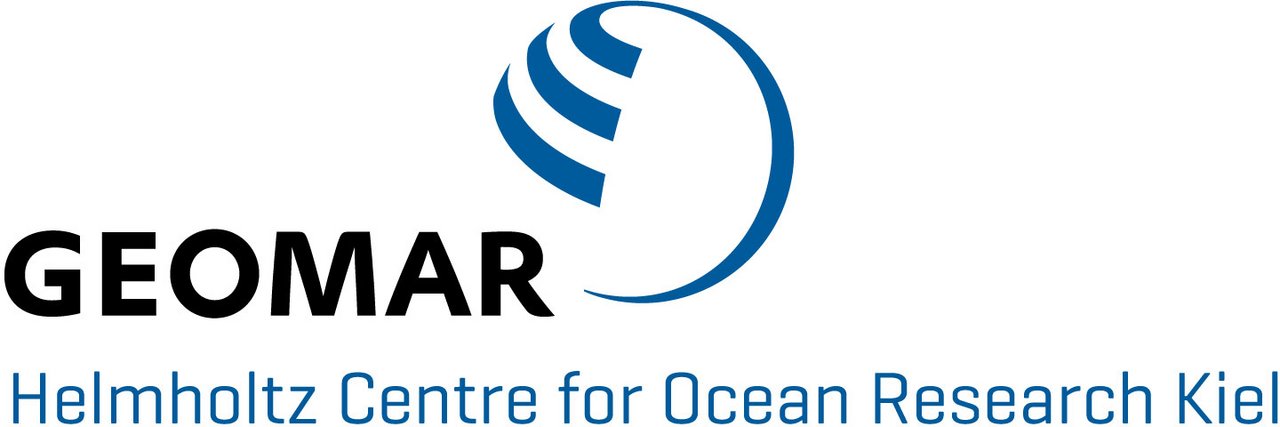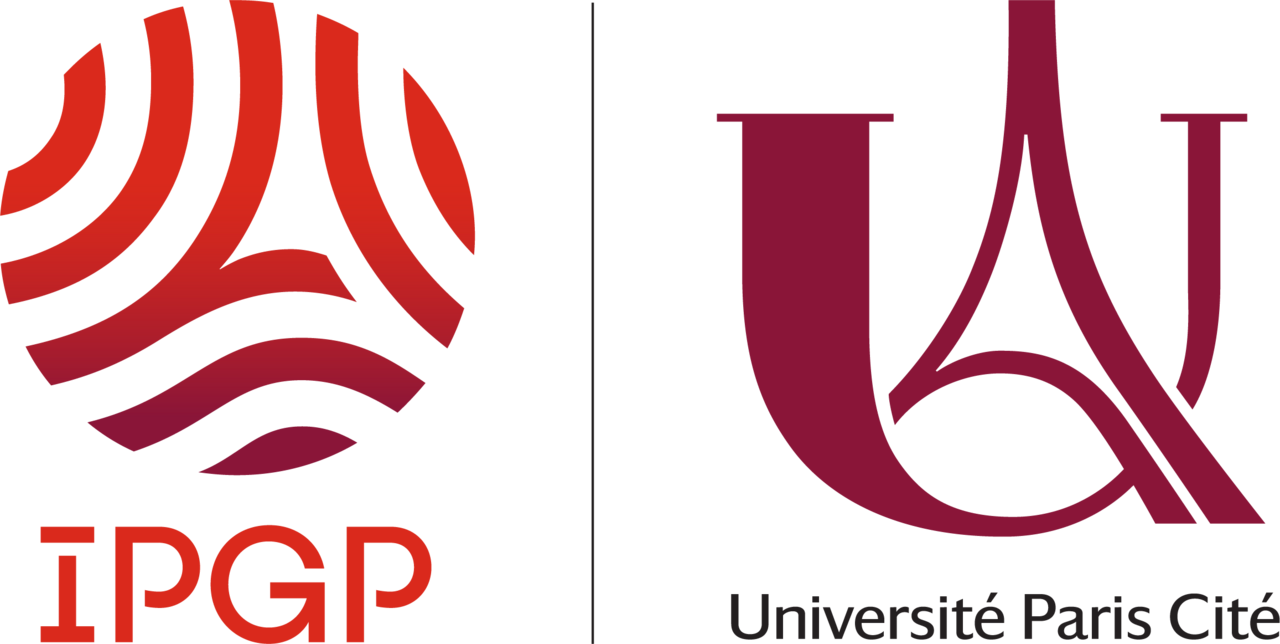GFZ Helmholtz Centre for Geosciences
The GFZ is Germany’s premier institute for the geosciences, with strong links to leading institutes across Europe. Research in 30 sections of the GFZ ranges across the full breadth of the Earth Sciences from the dynamics of Earth’s deep interior to remote observation of its active surface. The core competence of GFZ is the sciences of the solid Earth encompassing the fields of geodesy, geophysics, geology, mineralogy, geochemistry, geochronology, geomorphology, physics, mathematics, biology and engineering. The GFZ has a strong tradition in the monitoring of our net with geophysical and remote sensing techniques, working globally, but with major, multi-disciplinary investments in regional observatories. The GFZ employs more than 1000 people, amongst them about 20 professors with academic appointments at nearby universities, 350 further scientists and more than 100 PhD students. All work at the GFZ benefits from generous technical support and a uniquely comprehensive range of state-of-the-art equipment. The Geomorphology group headed by Niels Hovius has world-leading expertise of erosion and its role in geophysical and bio-geochemical systems. This group is pioneering the application of seismic techniques to study Earth surface processes and dynamics, working primarily in active mountain belts and operating several geomorphic observatories including seismic networks.
Key Research Facilities
State-of-the-art laboratories for physical modelling of geomorphic processes and geomechanical research. High-capacity computational facility for data analysis and numerical modeling. Expansive geophysical and geodetic equipment pools. Full range of ground-based topographic scanners. Unmanned Aerial Vehicles for acquisition of high-resolution imagery and multi-spectral data. The geomorphology section at GFZ, headed by Niels Hovius, currently operates geomorphic observatories including seismic networks in Taiwan, Germany, Orkney islands, and Nepal.





